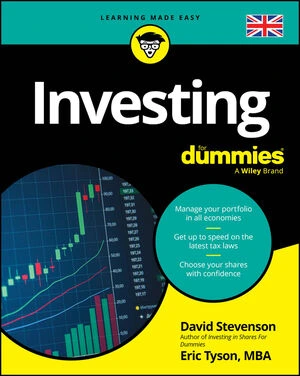You might also figure learning how companies operate is just needless information. After all, you don't need to know about fuel injection systems, suspensions, and car battery technology to drive a car. And you don't need to know what's going on behind the curtain to enjoy a play. Some investors figure they can just pick a couple of hot stocks, buy them, and drive off to riches.
If the vicious bear market that began in 2007 taught investors anything, it's that blindly buying stocks just because you might "like" a company or its products was hardly a sound way to tune up a portfolio. Chasing hunches and personal opinion about stocks is often not a great way to invest. The financial crisis is now becoming a distant memory for many investors who might again think fundamental analysis doesn't matter.
Investors have taken to chasing stories and hype again in the bull market that kicked off in 2011 — and most or certainly many of those "can't-go-wrong" investments will meet a poor fate as the fundamentals catch up to reality.Ever notice how there's always a new wonder diet promising to make you skinny, and a new pill to make you healthier? More times than not, though, it seems these things never work. Getting healthy comes back to the basics — a balanced diet and exercise.
The same goes with investing. Believe it or not, investing can be somewhat full of fads. There's always a new investment pundit or economist with a novel way to pick winning stocks. And just as an hour on the treadmill will do you more good than a bottle full of miracle pills, successfully choosing stocks often comes back to fundamental analysis.
Fundamental analysis is the classic way to examine companies and investments for a variety of reasons, including the fact it is:
- Based on fact, not opinion: It's easy to get caught up in general enthusiasm about what a company is doing or the products it's selling. Fundamental analysis blinds you to this investment hype and gets you focused on cold-hard business realities. It doesn't matter if all the kids in your neighborhood are buying a company's products if the company isn't making any money at selling them.
- Good at pinpointing shifts in the business's health: If a company's success is starting to fade, you'll see it show up in the fundamentals. No, there won't be a giant sign saying "Sell this stock." But there are clues if you know how to look. Companies are required to disclose key aspects of their business, so if there's a problem, a fundamental analyst will often be early at spotting some trouble.
- All about execution: Companies' CEOs are usually good at getting investors focused on the future and how things are going to get better next quarter. But fundamentals are based in reality — right now. Just think of children who say how hard they're working at school. The report card is still the tangible evidence of how things are actually going. The numbers don't lie — if you know where to look.
- A way to put price tags on companies: What's a painting worth? What's a used car worth? The price of an asset with a subjective value is generally what someone else is willing to pay for it. The stock market, an auction of buyers and sellers, does a good job putting price tags on companies. But fundamental analysis gives you another way to see just how much investors, by buying or selling stock, are paying for a stock.






